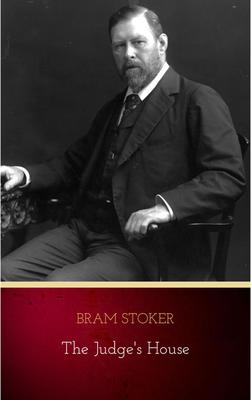
The Judge's House
¥8.82
"The Judge's House" is a classic ghost story by the Irish author Bram Stoker. The story was first published in the December 5, 1891, special Christmas issue of the Illustrated Sporting and Dramatic News weekly magazine. It was later republished in Dracula's Guest and Other Weird Stories (1914). The short story has since appeared in many anthologies.
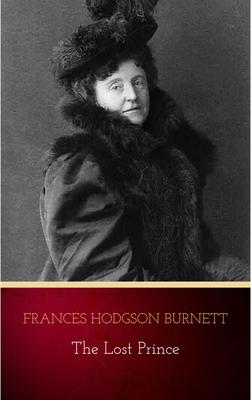
The Lost Prince
¥8.82
A tale with the glamor of medieval romance, which centers about the mystery that five hundred years before Marco's day, the young prince of the kingdom of Samavia had walked away over the mountains, singing, and had never been heard from. And Marco, a lad of twelve, pledged to the future service of Samavia, lives an unpretentious, wandering life, trained in all worthy thin A tale with the glamor of medieval romance, which centers about the mystery that five hundred years before Marco's day, the young prince of the kingdom of Samavia had walked away over the mountains, singing, and had never been heard from. And Marco, a lad of twelve, pledged to the future service of Samavia, lives an unpretentious, wandering life, trained in all worthy things by his father, til his journey as Bearer of the Sign is ended, and his appointed time has come. -
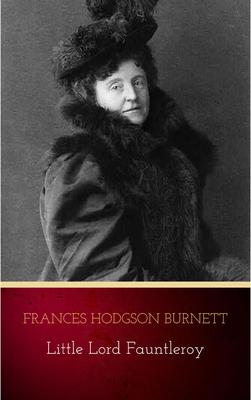
Little Lord Fauntleroy
¥8.82
In mid-1880s Brooklyn, New York, Cedric Errol lives with his Mother (never named, known only as Mrs Errol or "dearest") in genteel poverty after his Father Captain Errol dies. They receive a visit from Havisham, an English lawyer with a message from Cedric's grandfather, Lord Dorincourt. With the deaths of his father's elder brothers, Cedric is now Lord Fauntleroy and heir to the Earldom and a vast estate.
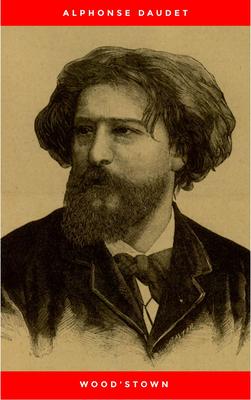
Wood'stown
¥8.82
"L'emplacement était superbe pour b?tir une ville. Il n'y avait qu'à déblayer les bords du fleuve, en abattant une partie de la forêt, de l'immense forêt vierge enracinée là depuis la naissance du monde. Alors abritée tout autour par des collines boisées, la ville descendrait jusqu'aux quais d'un port magnifique, établi dans l'embouchure de la Rivière-Rouge, à quatre milles seulement de la mer."
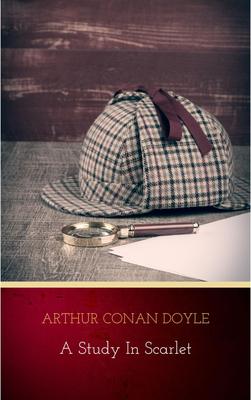
A Study in Scarlet
¥8.82
A Study in Scarlet is a detective mystery novel written by Sir Arthur Conan Doyle, which was first published in 1887. It is the first story to feature the character of Sherlock Holmes, who would later become one of the most famous and iconic literary detective characters, with long-lasting interest and appeal. The book's title derives from a speech given by Holmes to his companion Doctor Watson on the nature of his work, in which he describes the story's murder investigation as his "study in scarlet": "There’s the scarlet thread of murder running through the colourless skein of life, and our duty is to unravel it, and isolate it, and expose every inch of it."

Complete Exploits and Adventures of Brigadier Gerard
¥8.82
Sir Arthur Ignatius Conan Doyle (22 May 1859 – 7 July 1930) was a Scottish writer and physician, most noted for his fictional stories about the detective Sherlock Holmes, which are generally considered milestones in the field of crime fiction. Brigadier Gerard is the hero of a series of comic short stories by the British writer Arthur Conan Doyle. The hero, Etienne Gerard, is a Hussar in the French Army during the Napoleonic Wars. Gerard's most notable attribute is his vanity – he is utterly convinced that he is the bravest soldier, greatest swordsman, most accomplished horseman and most gallant lover in all France. Gerard is not entirely wrong, since he displays notable bravery on many occasions, but his self-satisfaction undercuts this quite often. Obsessed with honour and glory, he is always ready with a stirring speech or a gallant remark to a lady.

The Return of Sherlock Holmes
¥8.82
The Return of Sherlock Holmes is a collection of 13 Sherlock Holmes stories, originally published in 1903-1904, by Arthur Conan Doyle. The book was first published on March 7, 1905 by Georges Newnes, Ltd and in a Colonial edition by Longmans. 30,000 copies were made of the initial print run. The US edition by McClure, Phillips & Co. added another 28,000 to the run. This was the first Holmes collection since 1893, when Holmes had "died" in "The Adventure of the Final Problem". Having published The Hound of the Baskervilles in 1901–1902 (although setting it before Holmes' death) Doyle came under intense pressure to revive his famous character.

Uncle Bernac: a Memory of the Empire
¥8.82
At this unexpected announcement Talleyrand and Berthier looked at each other in silence, and for once the trained features of the great diplomatist, who lived behind a mask, betrayed the fact that he was still capable of emotion. The spasm which passed over them was caused, however, rather by mischievous amusement than by consternation, while Berthier--who had an honest affection for both Napoleon and Josephine-- ran frantically to the door as if to bar the Empress from entering.
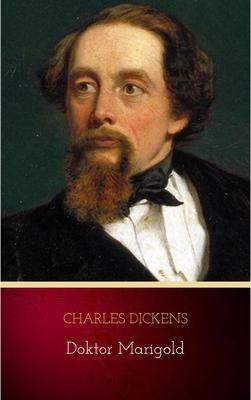
Doktor Marigold
¥8.82
Die Welt der fliegenden H?ndler ist ein hartes Pflaster für jedermann, der damit seinen Lebensunterhalt verdienen will. Sprachliche Gewandtheit, ein Gespür für die Wünsche der Kundschaft und eine Prise Humor im Erstellen eines Angebots geh?ren zu den unmittelbaren Voraussetzungen, welche diese Direktvertriebst?tigkeit erfordert. Doktor Marigold ist ein alter Hase im Gesch?ft und leidet unter der amerikanischen Konkurrenz, aber h?lt sich so gut es eben geht über Wasser. Er übernimmt die Verantwortung für ein kleines stummes M?dchen, welches als junge hübsche Frau einem vorurteilsfreien jungen Mann den Kopf verdreht. Die beiden verlieben sich und heiraten. Schweren Herzens trennen sich Vater und Tochter voneinander, ohne zu wissen, ob sie sich jemals wiedersehen werden.
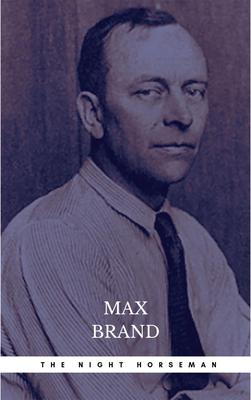
The Night Horseman
¥8.82
At the age of six Randall Byrne could name and bound every state in the Union and give the date of its admission; at nine he was conversant with Homeric Greek and Caesar; at twelve he read Aristophanes with perfect understanding of the allusions of the day and divided his leisure between Ovid and Horace; at fifteen, wearied by the simplicity of Old English and Thirteenth Century Italian, he dipped into the history of Philosophy and passed from that, naturally, into calculus and the higher mathematics; at eighteen he took an A. B. from Harvard and while idling away a pleasant summer with Hebrew and Sanscrit he delved lightly into biology and its kindred sciences, having reached the conclusion that Truth is greater than Goodness or Beauty, because it comprises both, and the whole is greater than any of its parts; at twenty-one he pocketed his Ph. D. and was touched with the fever of his first practical enthusiasm - surgery.
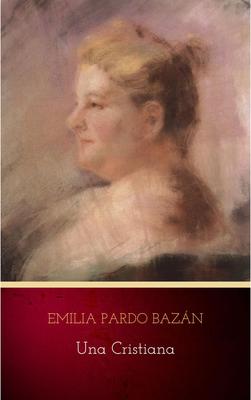
Una cristiana
¥8.82
La Espa?a del siglo XIX es descrita con naturalismo, a través de un personaje en conflicto con sus presuntos orígenes judíos. Ciertos críticos encuentran una aureola de espiritualismo ruso en esta novela.
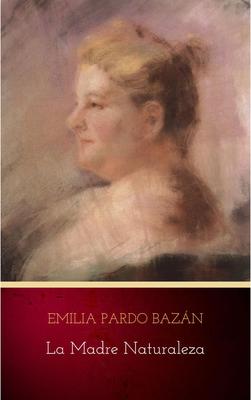
La madre naturaleza
¥8.82
Fue considerada en el momento de su aparición como uno de los ejemplos más ortodoxos del naturalismo en Espa?a. Tiene una continuidad temática y cronológica con "Los pazos de Ulloa". La novela es una invocación a la cultura, concretamente a la religión, al naturalismo cristiano, frente al imperio de la naturaleza desordenada y sin control.
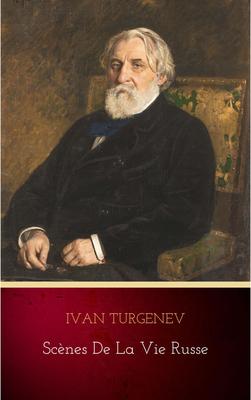
Scènes de la vie russe
¥8.82
Hélas ! j’étais amoureux de celle qui écrivait à Assanof, et jusque-là rien ne m’avait fait soup?onner qu’elle e?t de l’attachement pour lui. Sa lettre, écrite en fran?ais, était pleine d’expressions de tendresse et de dévouement. Elle commen?ait par ces mots : ? Mon cher ami Constantin ?, et se terminait par un conseil et une promesse : ? Soyez prudent comme vous l’avez été jusqu’ici, et si je ne me marie pas avec vous, je ne me marierai avec aucun autre. ? Frappé comme par un coup de foudre, je restai un instant immobile, puis je m’arrachai à cet état de stupeur et sortis précipitamment. Un quart d’heure après j’étais rentré chez moi.
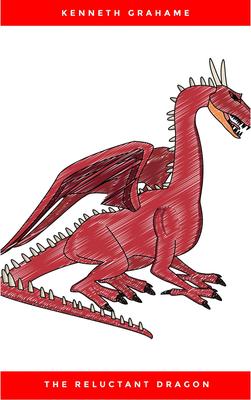
The Reluctant Dragon
¥8.82
The Reluctant Dragon is an 1898 children's story by Kenneth Grahame (originally published as a chapter in his book Dream Days), which served as the key element to the 1941 feature film with the same name from Walt Disney Productions. The story has also been set to music as a children's operetta by John Rutter, with words by David Grant. The story takes place in the Berkshire Downs in Oxfordshire (where the author lived and where, according to legend, St George did fight a dragon). It is Grahame's most famous short story. It is arguably much more well-known than Dream Days itself or the related The Golden Age. It can be seen as a prototype to most modern stories in which the dragon is a sympathetic character rather than a threat. In Grahame's story, a young boy discovers an erudite, mushroom-loving dragon living in the Downs above his home. The two become friends, but soon afterwards the dragon is discovered by the townsfolk, who send for St George to rid them of it.
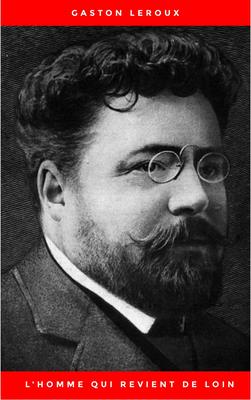
L'Homme qui revient de loin
¥8.82
Jacques voit réappara?tre son frère qu'il a assassiné pour s'approprier sa fortune. Sa femme Fanny découvre le crime mais ne crois pas au revenant...
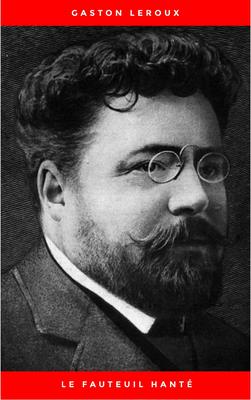
Le Fauteuil hanté
¥8.82
Le quarantième siège de l?Académie va-t-il donc rester vide ? Tous les prétendants à la succession du défunt Mgr d?Abbeville s?écroulent, raides morts, en pronon?ant leur discours de réception. Pas un coup de feu, pas un éclat de voix, mais la menace d?un prétendu mage plane et alimente leshypothèses les plus farfelues. Funeste hasard ou malédiction ? Gaspard Lalouette, simple antiquaire,propose sa candidature et mène l?enquête. Cependant, même s?il parvient à percer le mystère de lachanson qui tue, il risque fort de déshonorer à son tour l?illustre assemblée. Une qualité essentielle lui fait en effet cruellement défaut
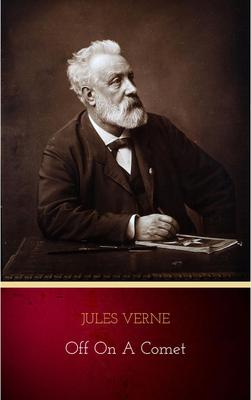
Off on a Comet
¥8.82
The story starts with a comet that touches the Earth in its flight and collects a few small chunks of it. Some forty people of various nations and ages are condemned to a two-year-long journey on the comet.
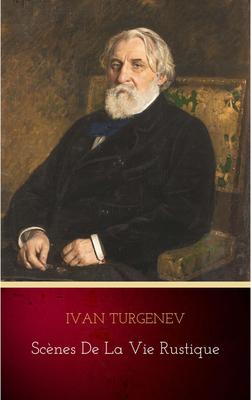
Scènes de la vie rustique
¥8.82
Moumou: L'histoire de Gérasime, le géant muet. et de son petit chien blanc moucheté de noir Moumou. - L'Auberge de Grand Chemin: L'histoire de l'aubergiste Akim Sémionov, serf d'une dame du voisingage. Un certain Nahum Ivanov, qui appartient à la classe des artisans, vole tout le bien d'Akim. Il prend sa femme, puis son argent en enfin son auberge. Quant à Akim, il chemine toujours et Dieu seul peut savoir quand prendra fin sa vie errante. - Un roi Lear des steppes: L'histoire d'ue Martin Pétrovitch Kharlov, un homme d'une taille gigantesque. Le récit captivant d'un être exceptionnel.
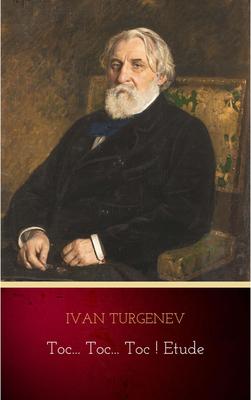
Toc... Toc... Toc ! Etude
¥8.82
Le jour de sa promotion — cela se passait aux environs du 15 mars —, Teglev se promenait le long des quais, en compagnie de quelques camarades impatients d’étrenner leurs uniformes tout neufs. Le printemps était précoce et la glace fondait déjà sur la Néva ; le courant avait emporté les blocs les plus gros, et il ne flottait plus à la surface du fleuve qu’une couche mince et peu résistante. Les jeunes gens devisaient joyeusement, riaient... quand l’un d’eux s’arrêta : il venait d’apercevoir, à une vingtaine de mètres du bord, un caniche qui s’était réfugié sur une glace plus stable que les autres et hurlait en tremblant de tout son corps transi.
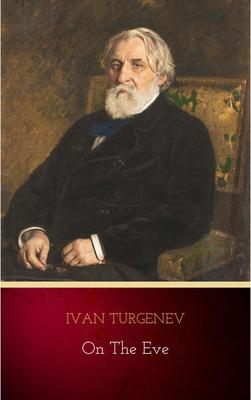
On The Eve...
¥8.82
On the Eve is the third novel by famous Russian writer Ivan Turgenev, best known for his short stories and the novel Fathers and Sons. Turgenev embellishes this love story with observations on middle class life and interposes some art and philosophy. Nikolay Dobrolyubov was critical of On the Eve, offending Turgenev. The story revolves around Elena, a girl with a hypochondriac mother and an idle father, a retired guards lieutenant with a mistress. On the eve of the Crimean War, Elena is pursued by a free-spirited sculptor (Shubin) and a serious-minded student (Berzyenev). But when Berzyenev's revolutionary Bulgarian friend, Insarov, meets Elena, they fall in love. In secretly marrying Insarov Elena disappoints her mother and enrages her father, who had hoped to marry her to a dull, self-satisfied functionary, Kurnatovski. Insarov nearly dies from pneumonia and only partly recovers. On the outbreak of war Insarov tries to return with Elena to Bulgaria, but tragically dies in Venice. Elena takes Insarov's body to the Balkans for burial and then vanishes.

The Railway Children
¥8.82
The story concerns a family who move to a house near the railway after the father is imprisoned as a result of being falsely accused of selling state secrets to the Russians. The three children, Roberta, Peter and Phyllis, find amusement in watching the trains on the nearby railway line and waving to the passengers.




 购物车
购物车 个人中心
个人中心



